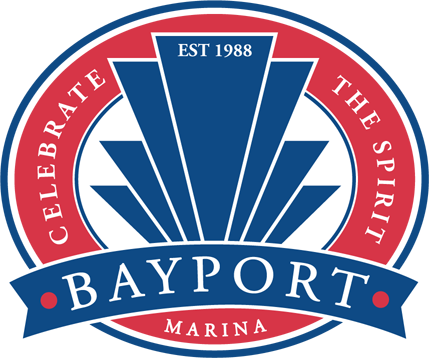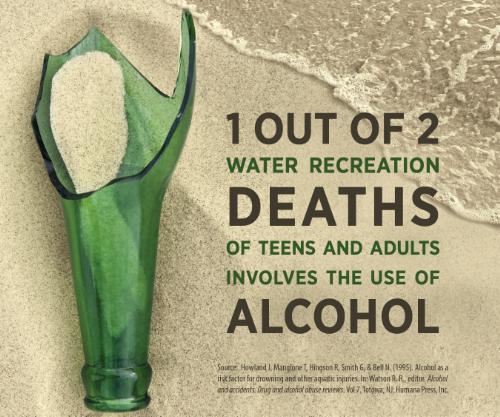Almost HALF of all boating accidents involve alcohol, boating while intoxicated is the LEADING contributing factor in fatal boating accidents, and operating a boat while under the influence is a federal offense – subject to large fines and jail time.
Alcohol affects judgment, vision, balance and coordination. These impairments increase the likelihood of accidents afloat for both passengers and boat operators. U.S. Coast Guard data shows that in boating deaths involving alcohol use, over half the victims capsized their boats and/or fell overboard.
Alcohol is even more hazardous on the water than on land. The marine environment, motion, vibration, engine noise, sun, wind, and spray accelerates a drinker’s impairment. These stressors cause fatigue that makes a boat operator’s coordination, judgment, and reaction time decline even faster when using alcohol. Learn more at the Boat U.S. Foundation and Operation Dry Water – and stay safe!
- The federal BAC legal limit for operating a vessel under the influence is .08.
- Alcohol use can impair a boater’s judgment, balance, vision and reaction time.
- If you boat under the influence your voyage may be terminated, the boat may be impounded and the operator may be arrested. Penalties vary by state but can include fines, jail, and loss of boating or even driving privileges.
- Sun, wind, noise, vibration and motion -“stressors” common to the boating environment- intensify the effects of alcohol, drugs, and some medications.
- Alcohol use can increase fatigue and susceptibility to the effects of cold-water immersion.
- Alcohol is dangerous for passengers too. Intoxication can cause slips, falls overboard and other dangerous accidents.
- If you boat under the influence of drugs or alcohol you are endangering your life and the lives of others.
Space
Boat Safe ~ Boat Sober
We want to see you on the river!
Space
The following infographic was kindly shared with us by our friends at The Olive Law Firm.



